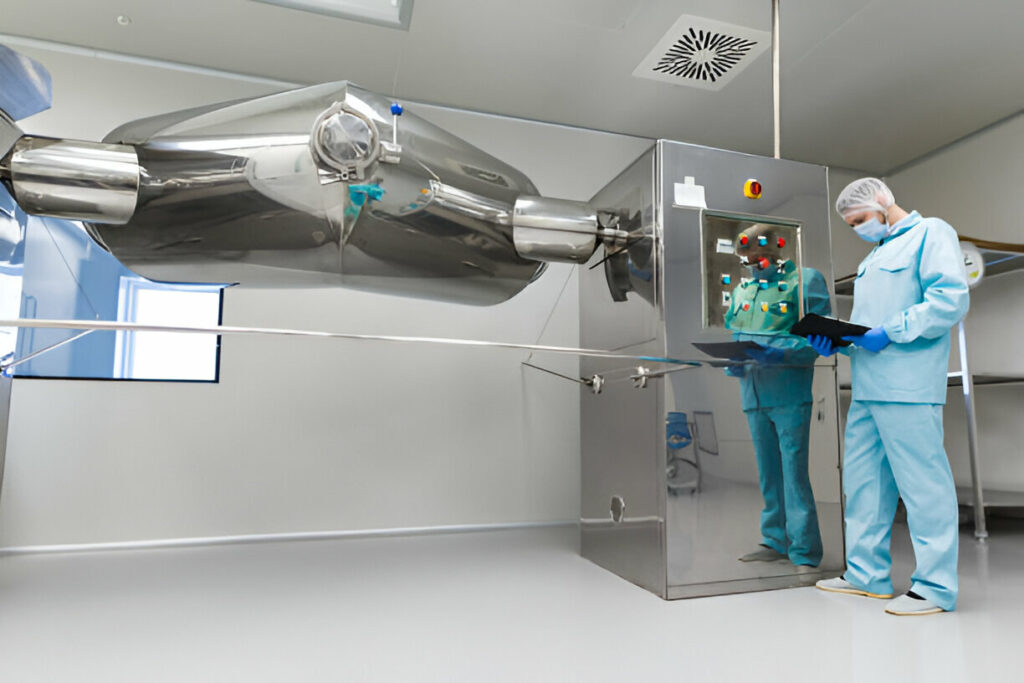In the fast-paced world of healthcare, hospitals generate a significant amount of waste daily. From single-use medical devices to hazardous materials, effective waste management is crucial for maintaining public health, protecting the environment, and ensuring regulatory compliance. As the demand for sustainable practices grows, hospitals need to explore innovative approaches to waste management.
Traditional Hospital Waste Management Methods and Challenges
Traditionally, hospitals have relied on incineration and landfilling as primary methods for disposing of medical waste. However, these practices come with their own set of challenges:
- Environmental Impact: Incineration releases harmful pollutants into the air, contributing to air pollution and climate change. Landfilling, on the other hand, takes up valuable land space and can lead to soil and groundwater contamination if not properly managed.
- Regulatory Compliance: Hospitals must adhere to strict regulations regarding the handling, storage, and disposal of medical waste. Failure to comply can result in hefty fines and legal consequences.
- Cost: Traditional waste management methods can be expensive, with costs associated with transportation, treatment, and disposal.
Innovative Approaches in Hospital Waste Management
To address these challenges, hospitals are turning to innovative approaches to waste management. These include:
- Waste Segregation: By properly segregating waste at the point of generation, hospitals can reduce the amount of waste that requires special treatment. This not only simplifies the waste management process but also reduces costs.
- Reusable Containers: Implementing reusable containers for medical waste, such as sharps and biohazardous materials, can significantly reduce the amount of single-use plastics in the waste stream.
- Waste Compacting Service: Utilizing a waste compacting service can greatly reduce the volume of waste, making storage and transportation more efficient. Compacted waste takes up less space in landfills, reducing the environmental impact.
- Recycling: Many materials used in hospitals, such as paper, cardboard, and certain plastics, can be recycled. Implementing a comprehensive recycling program can divert waste from landfills and reduce the hospital’s environmental footprint.
- On-Site Treatment: Investing in on-site treatment technologies, such as autoclaves and microwave systems, allows hospitals to treat medical waste at the point of generation, reducing transportation costs and minimizing the risk of exposure during handling.
Benefits of Adopting Innovative Waste Management Approaches
By adopting these innovative approaches, hospitals can reap numerous benefits:
- Environmental Sustainability: Reducing waste, increasing recycling, and minimizing the use of landfills and incineration contribute to a more sustainable future.
- Cost Savings: Streamlining waste management processes, reducing the volume of waste, and minimizing transportation requirements can lead to significant cost savings for hospitals.
- Regulatory Compliance: Proper waste segregation, handling, and treatment ensure compliance with regulatory requirements, avoiding potential fines and legal issues.
- Enhanced Reputation: Demonstrating a commitment to environmental sustainability can enhance a hospital’s reputation and attract environmentally conscious patients and staff.
Challenges and Solutions in Adopting Innovative Waste Management
While the benefits are clear, implementing innovative waste management approaches can come with challenges:
- Initial Investment: Some technologies and solutions may require upfront investment, which can be a barrier for hospitals with limited budgets. However, long-term cost savings often justify the initial investment.
- Staff Training: Implementing new waste management practices requires staff education and training. Conducting comprehensive training programs and providing ongoing support can help ensure successful adoption.
- Resistance to Change: Changing long-standing practices can be met with resistance. Engaging staff in the decision-making process, communicating the benefits, and providing incentives can help overcome this challenge.
Conclusion
As hospitals strive to become more sustainable and efficient, adopting innovative approaches to waste management is crucial. From waste segregation and compacting services to recycling and on-site treatment, these practices not only benefit the environment but also lead to cost savings and enhanced regulatory compliance. By continuously evaluating and improving waste management practices, hospitals can contribute to a greener future while providing high-quality patient care.



